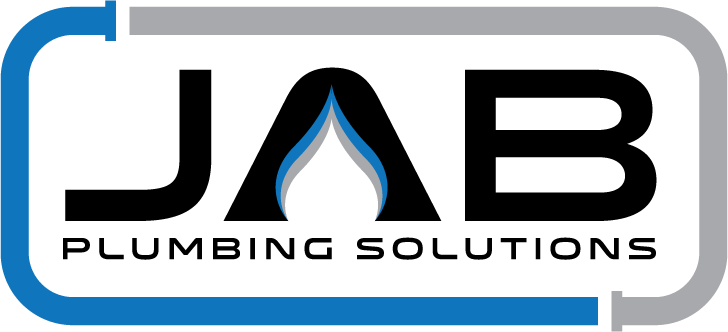What is stormwater pollution?
Stormwater drains are designed to safely transport large volumes of rain water to our waterways. When it rains, water runs off outdoor surfaces such as roofs, streets, roads and open spaces into the nearest stormwater drain.
Unfortunately, it’s not just rainwater entering the stormwater system. Many other things also end up in the stormwater drain and this is referred to as stormwater pollution. As rain run-off flows through the streets it carries with it litter, grease, oil, sediment, and chemicals found on the ground. Stormwater pollution is also caused by private individuals and businesses intentionally pouring things down the stormwater drain.
In 2018 The Sydney Morning Herald reported that three ACT restaurants were issued warnings by the Environment Protection Agency (EPA) for disposing of kitchen waste, such as grease, down the stormwater sumps behind their businesses.
The EPA also fined painters from an ACT development site who had been pouring paint down a stormwater drain. The Canberra Times reported that the paint pollution was discovered by the EPA during a routine inspection of stormwater channels.
Private individuals may also pour oil, chemicals and paint down the stormwater drain without being aware of the damage it can cause. Other debris from private backyards such as garden clippings, soil, pet droppings, cigarette butts and general litter is easily washed into the stormwater drain during a heavy downpour.
Why is stormwater pollution problematic?
Unlike the wastewater from sinks, baths, showers, laundries and toilets - which gets treated before it’s safely returned to the environment - the contents of stormwater drains goes directly into our waterways.
EPA spokeswoman, Narelle Sargent, recently told The Sydney Morning Herald “What people and businesses need to remember is that stormwater feeds directly into our creeks, lakes and rivers without treatment. Therefore, what you put in it ends up in our water systems."
Mrs Sargent said waterways become polluted when contaminants like waste matter, detergents and chemicals are put into the stormwater system, resulting in dead fish, algae overgrowth, unsafe swimming conditions, and smelly, unsightly waterways.
When speaking with The Canberra Times Mrs Sargent said that “Paints are toxic to the environment and can poison fish and other animals in our creeks, lakes and rivers and make our waterways unsafe for recreational use.”
Stormwater pollution can cause clogged drains
While the most pressing issue is environmental, stormwater pollution can also result in clogged stormwater drains and expensive repairs for homeowners and businesses. One of the biggest causes is oil, which solidifies in drains. Grease acts as a binding agent, gluing together other litter in the pipes such as plastic bags and cigarette butts. A blocked stormwater drain can lead to flooding and water damage.
How to prevent stormwater pollution
Everyone has a responsibility to protect the environment and help reduce stormwater pollution. In fact, it’s illegal to cause stormwater pollution under the Environment Protection Act 1970. These laws exist to protect our natural environment and give the EPA and local Councils authority to issue a range of different fines to businesses and private individuals.
Below is a list by Clear Water Victoria of ways you can help prevent stormwater pollution:
Place cigarette butts in the bin. Cigarette butts are a major cause of stormwater pollution. They are unsightly when they wash up on our beaches and are dangerous to marine life.
Know the difference between a sewer a stormwater drain. Wastewater that goes into the sewerage system gets treated. Ensure wastewater is only discharged to the sewerage system and save stormwater drains for rain water.
Never pour oil down any drain. Oil is not only harmful for stormwater drains. It can cause major problems for any drain in the home. Dispose of grease and oil in the bin. Make sure oil is not kept anywhere where it could spill into drains, and never hose oily water or waste into gutters or stormwater drains.
Make sure your yard or business premises are litter free. Regularly sweep up litter and place it in the bin so that it can’t wash down the drain when it rains.
Cleaning water that contains chemicals, detergents or paint residue should never be poured down the stormwater drain. This water needs to be disposed of as wastewater down the sewer. Switching to environmentally friendly cleaners and detergents instead of using harsh cleaning chemicals is another great initiative.
Keep your backyard tidy by sweeping up leaves, grass cuttings and other garden debris and placing it in the green bin.
Need help with a blocked stormwater drain?
JAB Plumbing Solutions is the leading plumbing company in Sydney when it comes to all your drainage needs. We specialise in high-pressure drain cleaning using state-of-the-art jet blasters. Our highly trained and insured plumbers can also perform drain installation, CCTV drain inspections and all other clogged drain repairs. Call 1800 225 552.
RELATED ARTICLES:







